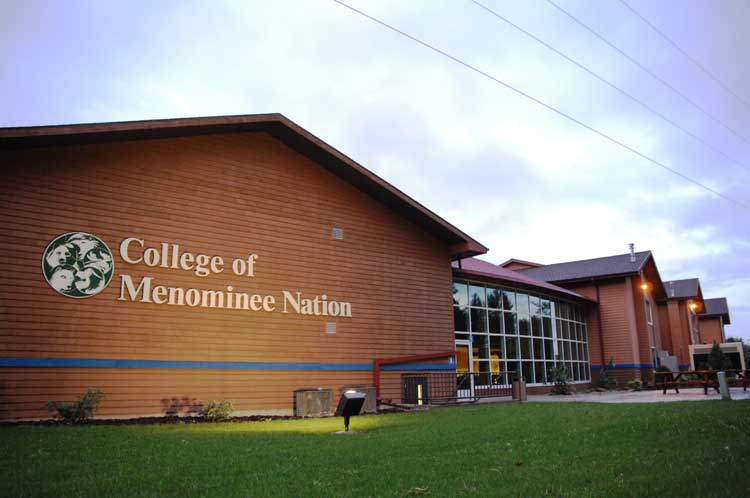$10 Million Gift to College of Menominee Nation, Community Opportunity and Equity
The College of Menominee Nation announced on November 21, 2025 that it received a $10 million unrestricted gift from the MacKenzie Scott Foundation. The donation gives the tribal college flexibility to address immediate student needs and to invest in long term institutional stability, a development with direct consequences for Menominee County residents and regional equity.

The College of Menominee Nation announced a landmark $10 million unrestricted gift from the MacKenzie Scott Foundation in a press release posted on November 21, 2025. The college described the investment as transformative, noting that the unrestricted nature of the gift allows leaders to respond to both urgent student needs and long term goals. CMN President Dr. Christopher Caldwell said the gift "arrives at a critical time" and will help CMN accelerate its work, expand student supports, and invest for the future through endowments while meeting immediate needs.
Unrestricted funding is rare, and it matters in a community where access to higher education intersects with public health, economic opportunity, and tribal sovereignty. Tribal colleges like CMN serve as anchors for rural and underserved populations, offering culturally relevant education, workforce training, and community services that influence social determinants of health. Local leaders and advocates have long pointed to chronic gaps in funding and infrastructure that limit capacity to support students juggling housing insecurity, food access, mental health challenges, and caregiving responsibilities. Flexible resources give CMN the ability to target those pressures directly, while also building financial resilience through endowments.
For Menominee County residents the gift could expand student supports that improve retention and completion, strengthen pipelines into health and human service professions, and stabilize an institution that plays a role in local economic development. Investments in scholarships, advising, childcare, and career pathways can have ripple effects on household stability and community wellbeing. The college framed the gift as supporting tribal sovereignty and self determination, and included the Menominee phrase "Māēc wāēwāēnen (with big thanks)" to acknowledge the donor.
While specific programs or spending plans were not detailed in the release, college officials emphasized both immediate relief and long term planning. As CMN determines priorities, the gift presents an opportunity to address systemic inequities that affect students and families across the county. For residents who rely on the college for education, careers, and community services, the funding offers a chance to deepen local capacity and advance health and economic equity.
